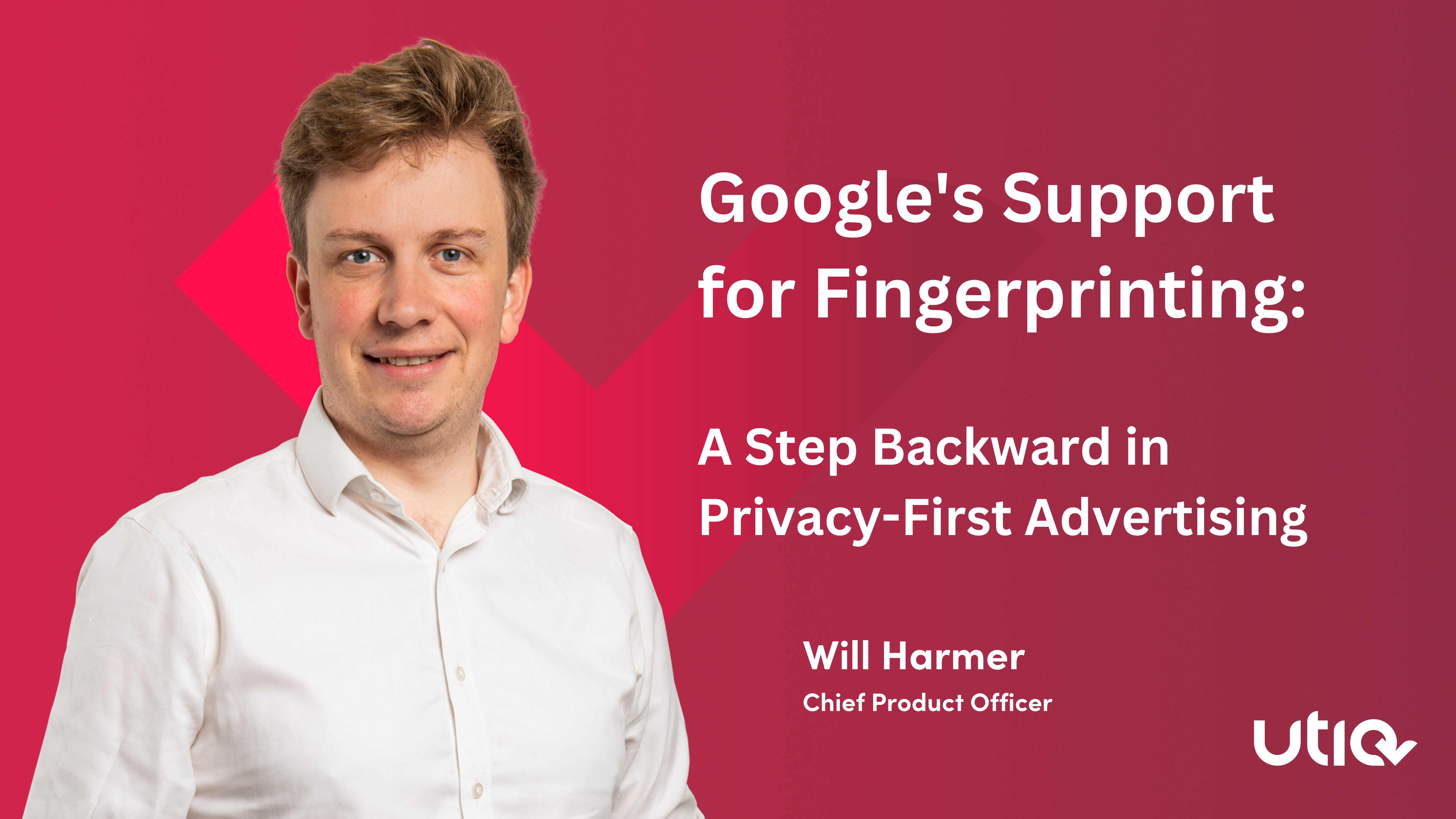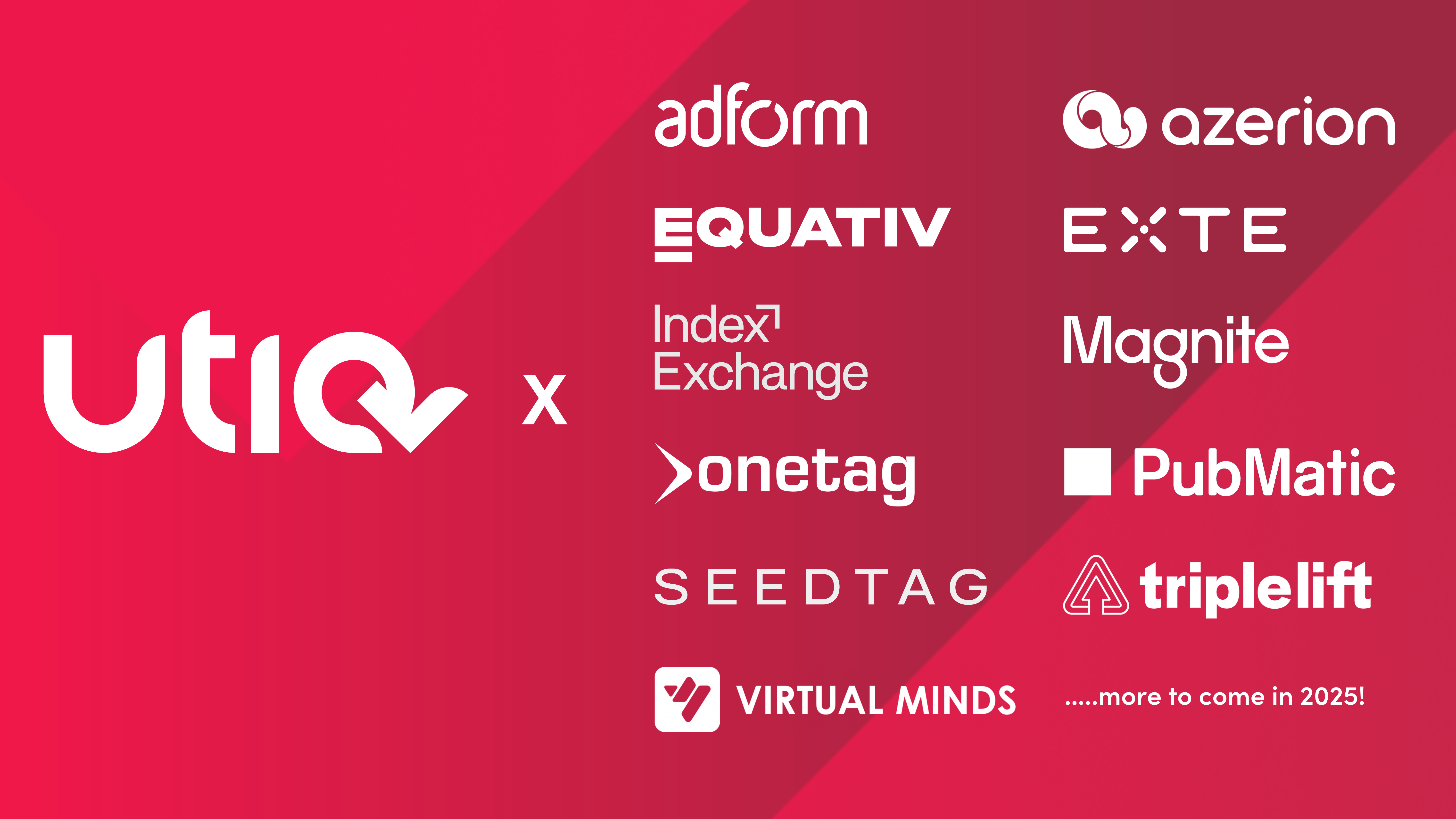I Don’t Need Zuck to Determine My People Strategy
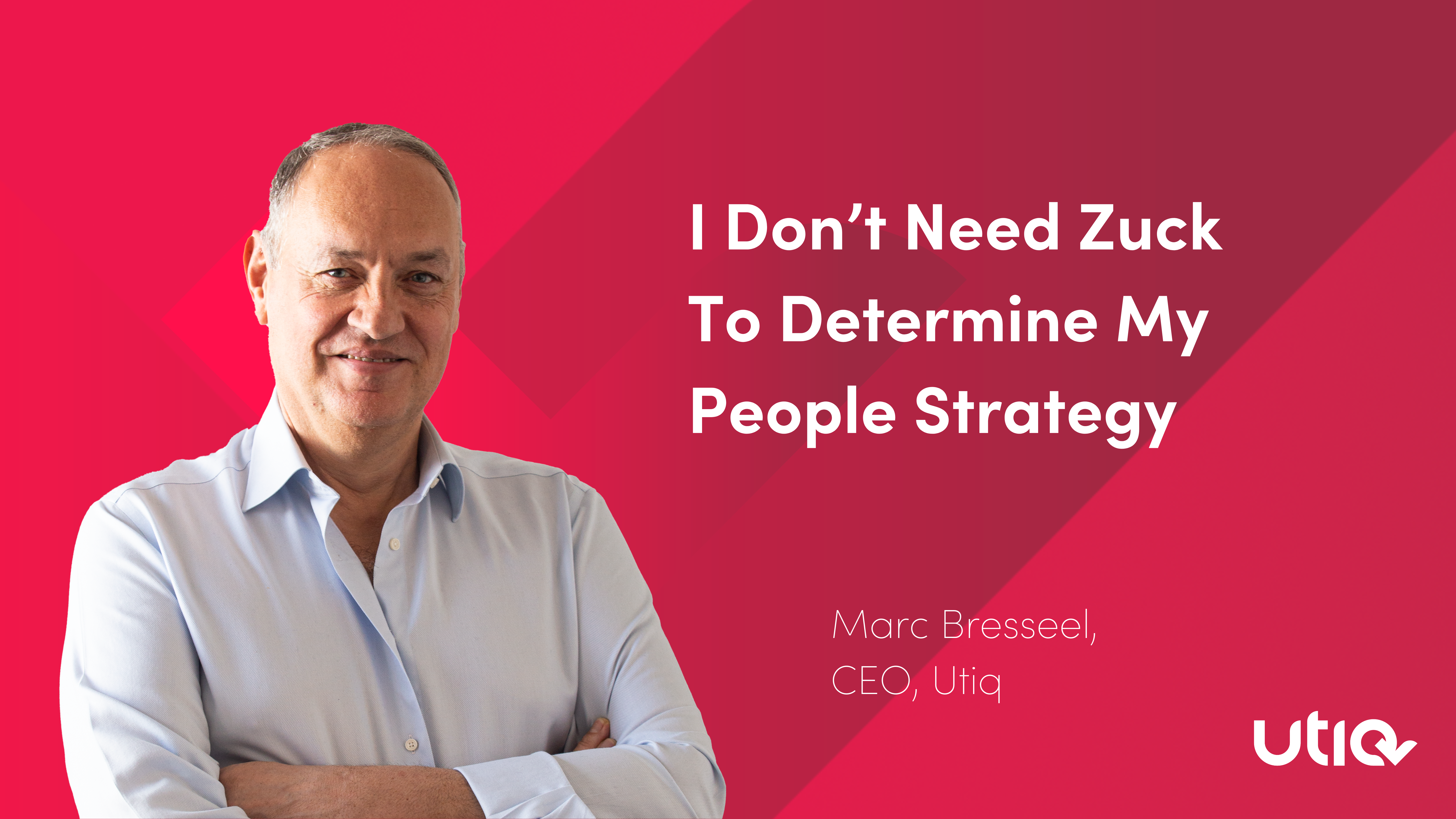
In the post-election U.S., Diversity, Equity, and Inclusion (DEI) finds itself at a crossroads. Political shifts and mounting pressures have caused many organizations to scale back, “revamp,” or abandon their DEI efforts entirely. The pendulum swings — that’s how history tends to work. Then came Mark Zuckerberg’s remarks on Joe Rogan’s podcast, claiming we need more “masculine energy” and a culture that “celebrates aggression a bit more.” To which I can only say: not any company needs aggression as a cultural driver. None.
Still, I’m cautiously optimistic. I don’t particularly care if the term “DEI” falls out of fashion because the core principles remain as vital as ever. Call it what you will, but the work must go on. This is a moment for the quiet champions of DEI to step up and keep pushing forward. A diverse, equitable, and inclusive workplace isn’t just a moral imperative; it’s a strategic one. The data is unequivocal: diverse teams and leadership drive better performance and financial success. They are clear differentiators in an increasingly competitive landscape.
So, whatever ripple effects the U.S. political climate sends across the Atlantic, I’m unmoved. We cannot lose sight of why DEI matters. It’s time to recalibrate and focus on putting the best people in the right places to succeed. DEI shouldn’t be reduced to a compliance checkbox. It should be a competitive advantage, a magnet for top talent, and a driver of innovation. Stop talking. Start building. Create organizations that outperform and outlast the (aggressive?) male-dominated status quo.
At Utiq, we made this choice from day one. With a 50-person team spanning 12 nationalities, working across 13 locations, and boasting 42% gender diversity in leadership, we don’t just talk about DEI — we live it. So no, we don’t need Zuckerberg to define our people strategy. And neither do you. Stop talking. Do the work.


